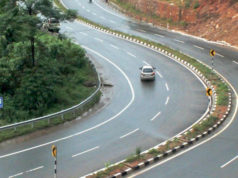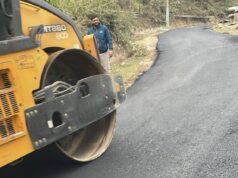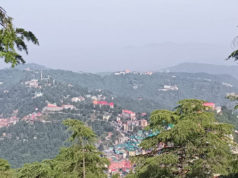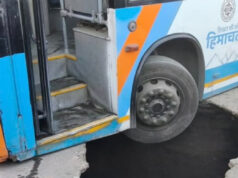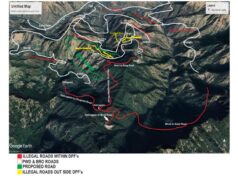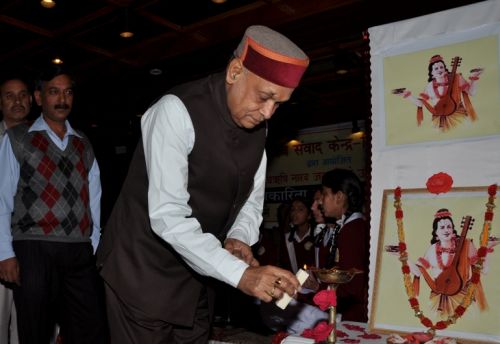New Delhi: Keeping its commitment to encourage the use of waste material to build ecologically sustainable National Highway Infrastructure, NHAI along with the Department of Fertilizers is going to take up field trials on NHAI projects for the use of Phosphor-Gypsum in National Highway construction to achieve a circular economy in the use of Gypsum.
Phosphor-Gypsum is a by-product of fertilizer production. An Indian fertilizer company has constructed a road using Phosphor-Gypsum. The road was evaluated by Central Road Research Institute (CRRI) and based on their report, the Indian Road Congress (IRC) has accredited neutralized Phosphor-Gypsum waste material for road construction for a period of three years.
The fertilizer company and CRRI have been asked to take up field trials on an NHAI project to evaluate the performance of Phosphor-Gypsum on a National Highway and to generate confidence among various stakeholders on the use of Phosphor-Gypsum waste material in Highway construction.
NHAI is also encouraging the use of waste plastic in road construction, which has been tested very successfully. Studies have established that roads built using plastic waste are durable, sustainable and increase the life of the bitumen. The construction of one kilometre of a 4-lane highway helps dispose of approximately seven tons of plastic waste.
Similarly, NHAI has used ‘Fly Ash’ – a fine residue of coal combustion in the Thermal Power Plants (TPPs) for the construction of Highways and flyover embankments. The 135 km long, six-lane ‘Eastern Peripheral Expressway’, used 1.2 crore cubic meters of fly ash in its construction.


